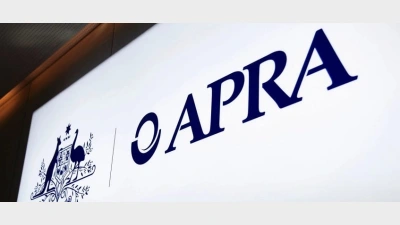Cbus overhauls investment strategy



Cbus has restructured its investment framework to focus on dynamic asset allocation and its in-house investment capabilities.
The industry fund revealed an overhaul of its investment strategy in its 2011/12 annual report following an investment review.
Trish Donahue, Cbus executive manager, investments, said the new investment strategy would "enable greater dynamic asset allocation through the use of a target portfolio asset allocation, referenced against a long-term strategic asset allocation."
The target portfolio would reflect Cbus' medium-term views on the investment environment and on fund liquidity, she said.
Infrastructure has become its own category, separated from other alternative assets in reporting, and credit was removed from the fixed interest classification.
The fund signaled it would also restructure its investment team to bolster its in-house investment capabilities, rolling out the makeover over the next two years.
Cbus contracted six new investment managers; Ellerston Capital, Walter Scott and Partners, RealIndex Investments, Mesirow Financial Currency Management, AMP Capital Investors and Babson Capital, and terminated agreements with Lee Overlay Partners and T. Rowe Price Global Investment Services.
It said it had also reshuffled its strategic asset allocations and the risk/return characteristics of its investment options at the start of the 2012/13 financial year.
Donahue said revised objectives were designed to enhance protection for members, to align with MySuper legislation and target "a return above inflation over a 10-year period and on limit risk for the number of negative years in a 20-year period".
The next stage of Cbus' investment review would focus on post-retirement and on developing a whole-of-life investment option, Cbus said.
It said despite continuing market volatility, particularly in regards to Europe in the short term, over the longer term it expected sharemarkets to recover and deliver stronger returns than defensive assets.
It said it saw immediate opportunities for investment in credit markets.
Recommended for you
APRA’s executive director has urged super funds to strengthen leadership, operational resilience and member focus as public trust in the system faces fresh challenges.
The firm has appointed Aware Super’s Damian Graham as group chief investment officer to unify its life and funds management teams.
Ethical super fund Australian Ethical has announced the appointment of Anthony Lane as chief operating officer.
The structural shift towards active ETFs will reshape the asset management industry, according to McKinsey, and financial advisers will be a key group for managers to focus their distribution.










